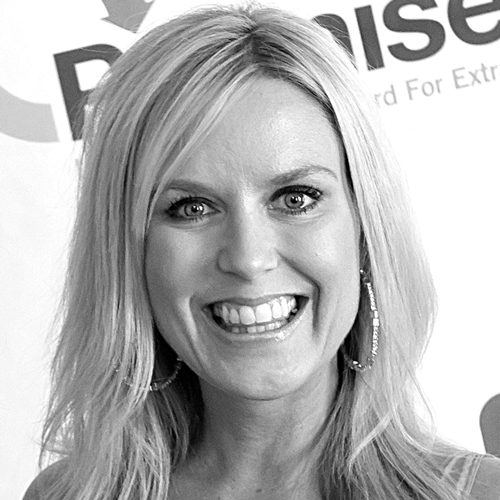“Foundational competency” is a phrase to live by for Mark Johnson. “It’s something that we know we have to do, and have to do it well,” Johnson, senior VP and CFO for UnityPoint Health, says. “Sustainability is one of those core competencies. Employee engagement is another; physician engagement another, along with patient experience. We know it’s all important to be successful.”
Sustainability overlaps with all facets of the operation at UnityPoint Health, an integrated health system providing care throughout Iowa, western Illinois, and southern Wisconsin through more than 280 physician clinics, thirty-three hospitals in metropolitan and rural communities, and home-care services throughout its nine regions. “It resonates in everything we do,” Johnson says. “We really worked hard to marry our system-wide planning process with our budgeting process, so as we have new initiatives, having more rigor around our business planning and getting it in the budget has become an important step for us.”
All sustainability initiatives at UnityPoint entail biannual reports to the board of directors on their progress, and Johnson works with different regions, clinics, and hospitals to make sure they’re financially on track.
When it comes to UnityPoint’s long-term financial sustainability, Johnson focuses on several points. “One is we feel we need healthy and cost-effective operations, and we have had a formal sustainability program since 2011,” he says. “Really, our focus is on how we eliminate waste, how we become more efficient, and how we implement best performance that not only drives financial sustainability, but also helps eliminate variation and improve the patient experience and outcome.”
An additional initiative in this realm is in payment reform, in accordance with the position that the underlining fee-for-service structure is not sustainable in the long run. “It doesn’t align incentives—it rewards quantity versus quality—so we’ve been very active over the course of the last five to six years in moving to more
value-based payments,” Johnson says. “We’re committed to that journey and think it’s the right thing to do.”
“Really, our focus is on how we eliminate waste, how we become more efficient, and how we implement best performance.”
UnityPoint’s fee-for-value movement started small, with one of its smaller regions, Fort Dodge, becoming active in the Pioneer Program through Medicare. Several other regions later joined managed security service providers (MSSPs), learning how to manage populations. Then, it jumped into some commercial contracts with larger payers in the region. Today, UnityPoint has advanced to participating in NextGen solutions.
“We really thought we had to get into these to understand how they worked. If we just waited until we felt we had all the capabilities developed, we would have probably never done it,” Johnson says. “In addition to the payment transformation, we’ve also done more on the clinical side of the house, working on how we can better provide care for patients.”
It’s what UnityPoint refers to as “care coordination.”
“Moving from a primary care office to a specialist office to potentially needing hospitalization, we are really trying to figure out how to better do those transitions in care,” he adds. “We also realized not all of our patients need the same thing, and we are launching several different programmatic ways to meet the needs of patients that meet a broad spectrum, so we’re providing the right care, at the right time.” Take, for example, a healthy twenty-five-year-old who wants quick, convenient options such as virtual care, telehealth, and the ability to communicate with a doctor electronically—or a senior patient who needs help managing multiple chronic conditions.
Part of Johnson’s responsibility is to help drive what the best practices and procedures are for the company, and then to populate them across its entire system. “If you look at our history, we came together from independent, free-standing facilities, and when we first started, our mantra was—and we still feel—that healthcare is local and left a lot of autonomy to the regions,” he says. “As we matured as a system, there are certain things that are best practices, and although there may be a local nuance, we strive to do them in a consistent way.”
To that end, UnityPoint recently put together a Clinical Leadership Group, where representatives from all regions and parts of the care continuum meet to determine best practices and performers, validate that their conclusions are evidence-based, and then apply them to the appropriate groups. “We also started having quarterly meetings between our regional leadership and system leadership, and what we do is look at high-level KPIs, or key performance indicators. For those that are successful, we ask them what they’re doing and point them out to their peers,” he says.
Though he majored in finance in college, Johnson wasn’t interested in pursuing a job in the banking industry and looked for a way to apply his skill to an industry that helps people. He considers today to be one of the healthcare industry’s most exciting eras. “Healthcare is an industry where you have constant technology changes, which is always exciting and can be an enabler to the strategies we are working on,” he says. “The transformational nature of the industry is what sets it apart from other industries right now.”


